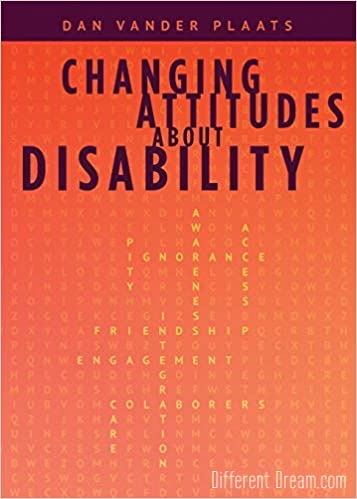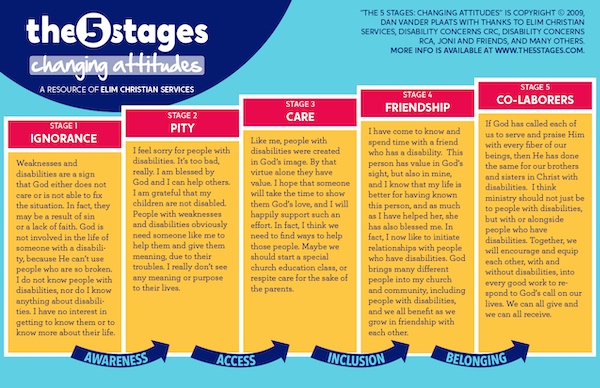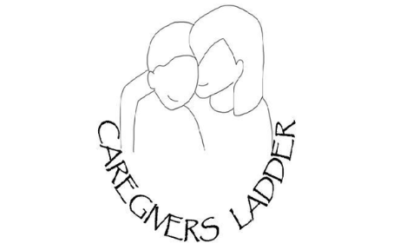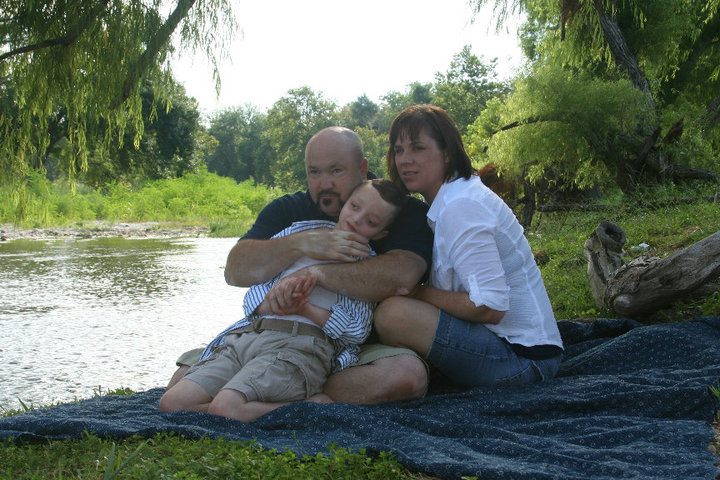Changing Attitudes about Disability: A Road Map

Changing Attitudes about Disability is a new book by today’s guest blogger Dan Vander Plaats. Read on to discover how a short conversation with a waitress motivated Dan to write the book and changed his own attitudes, too.
She didn’t mean to do it. In fact, she hadn’t done anything a million other people hadn’t already done. I had seen it happen so many times that I don’t know why his time it made any difference.
But it did.
She treated me like I was disabled.
Which I was. I was born with damage to a nerve cluster at the base of my brain, causing some slight under-development physically, but more significantly affecting my speech. It’s a pretty obvious speech disability.
I was visiting a restaurant in a midwest city with a few co-workers and two adults who participated in the day program at Elim, where I have worked for 23 years as a fundraiser. The server had done everything right. She came up, introduced herself, and then asked us all our names.
When she heard our program participants speak, with slight slurs and some speech impediments of their own, her head cocked to the side and her voice went up a little in register. It must have seemed to her like this would be the nice way to treat people with disabilities. It even seemed nice to me. Then she turned to me, and I said my name, and she treated me the same way. What had seemed nice now seemed simply condescending. I blushed and tried to laugh it off, but I was angry.
I stewed on it for a couple hours before realizing that the problem wasn’t just that she was condescending, no. There was a bigger problem. The problem was that I hadn’t taken issue with her attitude until it was directed at me. Simply put, I thought I was worthy of different treatment from my friends from Elim.
The problem was my attitude. I thought that people with disabilities should be treated the way they are – that it was simply normal and okay. I also thought that I didn’t fit with that group, because I saw myself as “normal.”
This, brothers and sisters, is the problem. When God formed us, He did not do it differently when it came to people with disabilities. We are all made in His image, fearfully and wonderfully made (Psalm 139). I Corinthians 12:22 says we that those parts of the body that seem weaker are in fact indispensable. Ephesians 2:10 says we are all masterpieces with work to do. The problem is that we don’t listen to this; we too often deceive ourselves into believing that there is an us and a them, and “them” have disabilities.
That night, after leaving the restaurant, I wrote the first draft of The 5 Stages, a tool that has been translated many times and is helping churches and Christians around the world assess their attitudes about people with disabilities.

Recently, Dordt Press released a booklet called Changing Attitudes About Disabilities where you can learn more about these attitudes.
If you happen to visit a steakhouse in Sioux Falls, South Dakota, maybe you could hand a copy to the server who inspired the book, and this blog post.
Do you like what you see at DifferentDream.com? You can receive more great content by subscribing to the monthly Different Dream newsletter and signing up for the daily RSS feed delivered to your email inbox. You can sign up for the first in the pop up box and the second at the bottom of this page.

By Dan Vander Plaats
Dan Vander Plaats is the Director of Advancement at Elim, a global, Christian disability ministry based in Crestwood, Illinois. Dan serves on the advisory committee for a bi-denominational Disability Concerns. In 2009, he developed The 5 Stages: Changing Attitudes to help churches and individuals assess and change their attitudes toward people with disabilities, and he’s the author of Changing Attitudes about Disability. He is married to Denise (Hiemstra), and is father to Ben and Emma.
1 Comment
Submit a Comment
Related Posts
Advocacy 101: A Mom Became a Special Needs Advocate, Pt. 2
Today, Michelle talks about Caregiver’s Ladder, the parent support organization that sprang from her work as a special needs advocate for children.
Advocacy 101: A Mom Became a Special Needs Advocate, Pt. 1
Over the next few days, Michelle Bartlett shares her advocacy journey. Today, in Part 1 she describes how she became her son’s special needs advocate.
Adaptive Swimming Lessons Queen of the Waves Teaches Mom
Guest blogger Ellen describes what she learned during the first day of her daughter’s adaptive swimming lessons for kids with special needs.






Hi Dan, I heard that you had written a book and now I see It is published. Congrats!!! Your Mom would be sooo proud!!! She told me years ago that you were in the process of writing and now it is reality!!1 I’ll be looking for it. Hope you and yours are well during this season of corona virus. We still live in the same place, so stop by if you are ever back in OC Iowa . Blessings!! “old neighbors” Nelly Veldhuizen